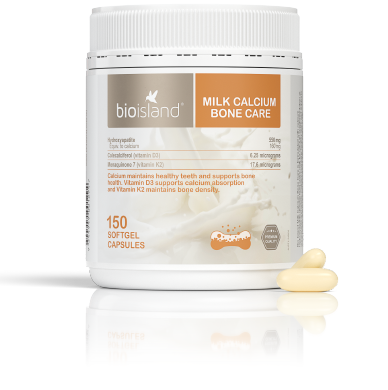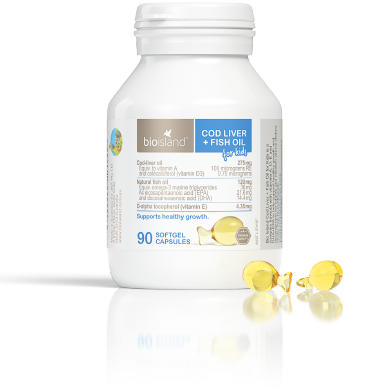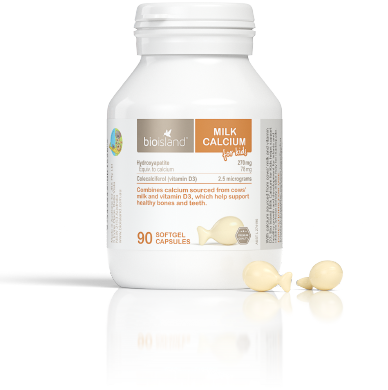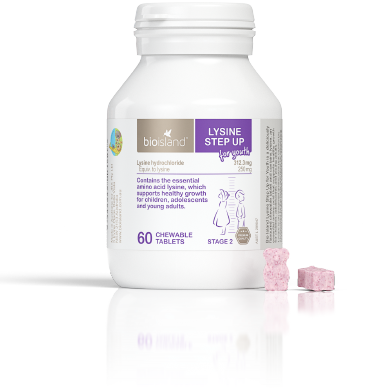
What are the signs of Vitamin D deficiency?
When it comes to risk factors for vitamin D deficiency, not everyone is equal, here are some signs to look for.
By Bio Island Nutrition Team
A number of diseases have been linked to low vitamin D levels including cardiovascular disease and asthma in children however, one of the biggest complications of low vitamin D levels is osteoporosis. Osteoporosis occurs when your bones lose calcium and other minerals which makes them fragile and more likely to break. This disease is linked to low vitamin D levels because vitamin D helps the body to absorb calcium. When infants and young children are severely deficient in vitamin D they can develop a condition called rickets which results in soft bones. Rickets is quite rare in developed countries and currently affects fewer than 10,000 cases per year in Australia.
Who is most at risk?
When it comes to risk factors for vitamin D deficiency, not everyone is equal. You may be more at risk of deficiency if you:
- Have naturally dark skin
- Your birth mother was vitamin D deficient
- Stay indoors often and get very little sun exposure
- Cover your body for religious or cultural reasons
- Are overweight or obese
- Have any kind of health condition that may affect vitamin D absorption from your diet such as Crohn's or kidney disease
- Take medicines that cause vitamin D to break down such as phenytoin and phenobarbital
How can you check your levels?
If you are at risk of vitamin D deficiency it is a good idea to have your levels tested through your general practitioner. Vitamin D is tested through a simple blood test that measures vitamin D in the form of 25-hydroxyvitamin D.
How is a vitamin D deficiency treated?
If you have a vitamin D deficiency you can do some simple things to increase your levels such as:
- Increasing your sun exposure
- Increasing vitamin D foods in the diet
- Increasing calcium rich foods in the diet
- Increasing your physical activity
- Speaking with your doctor about supplementation
This information does not take into account your personal situation and is general in nature. You should consider whether the information is appropriate for your needs and seek professional medical advice.
Always consult your healthcare professional before taking any supplements or if any concerns arise.




